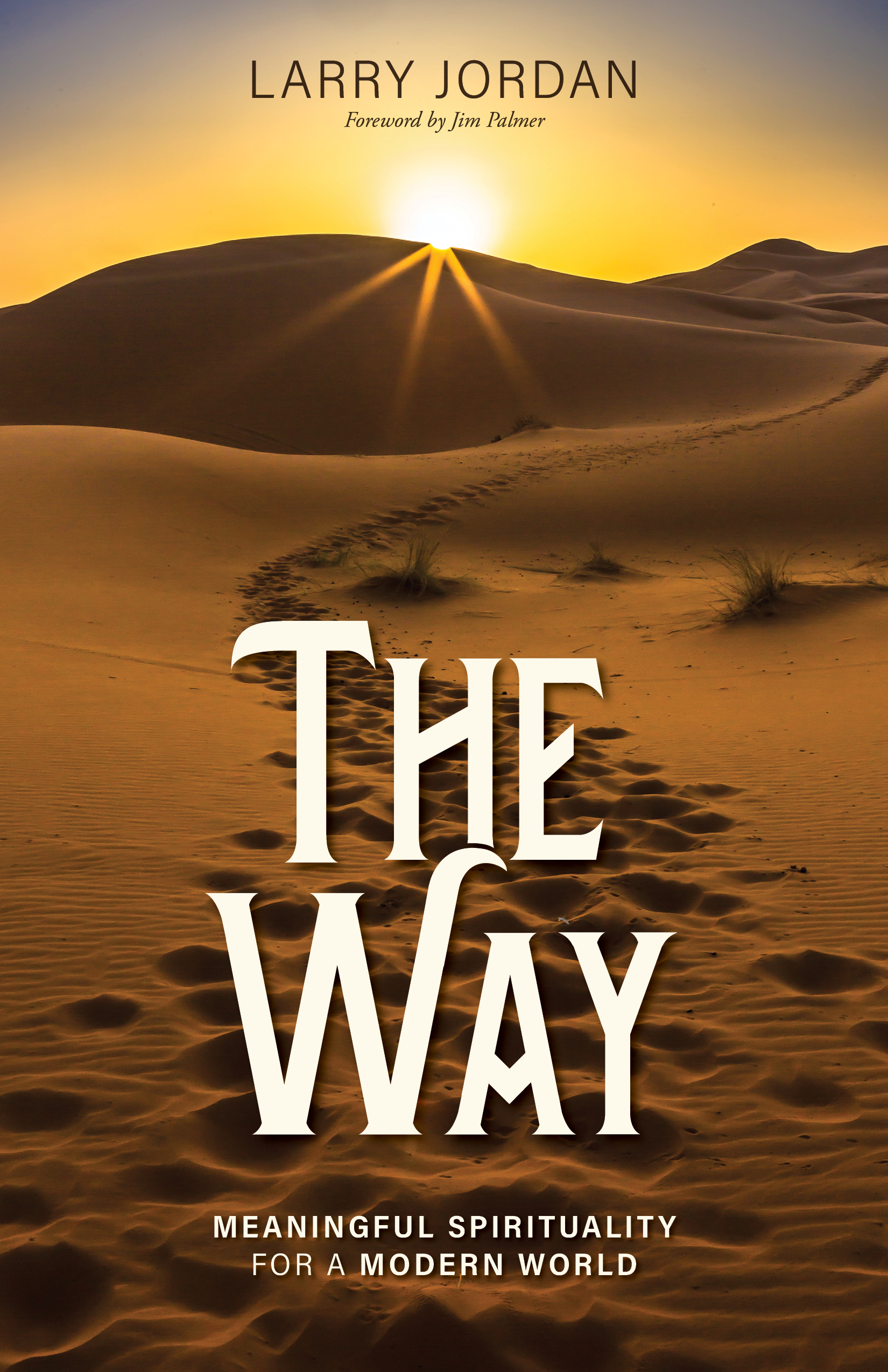Practice is Underrated
Many Christians assume that belief is the most important feature of religion and that belief influences community and practice. In fact, many people who abandon Christian beliefs (which may seem speculative or supernatural to them) also abandon community and practice.
Most Americans have no spiritual practice at all -- 60% percent never or seldom attend a religious service, 55% do not pray daily (including 34% who never or seldom pray) and 68% never or seldom read the Bible.
For many of those who have a spiritual practice, their practice largely (or solely) consists of occasional church attendance, Bible reading, and/or prayer. How many people do you know who are truly spiritual, who have been radically transformed by their realization of God or the Universe?
Some Americans are spiritual, but not religious. Although they aspire to reveal something greater than themselves and to seek connections with nature, with others, and with the Universe, their practices may not have anything to do with a particular belief system or a specific god or gods.
Breath work, chanting, fasting, forgiveness, gratitude, journaling, meditation, pilgrimage, service, solitude, spiritual reading, walking, and yoga are examples of these types of spiritual practices, which are employed by religious people and non-religious people alike.
Roger Wolsey, a friend and mentor, is a Methodist minister who wrote "Kissing Fish: Christianity for People who Don't Like Chrisitanity," a progressive Christian manifesto. His most recent book, "Discovering Fire: Spiritual Practices that Transform Lives," describes many conventional practices.
He describes some unconventional practices, too, such as astrology, ecstatic dance, plant medicine, and tarot. Some of my friends have had transformative experiences with each of these practices, and this has increased my appreciation for their usefulness.
For example, one of my friends is a pagan, and her spirituality is rooted in nature. She uses crystals and tarot cards to seek connection and understanding. Respectfully, but skeptically, I asked, "How is this meaningful for you in your everday life?" Her response was personal and profound.
"Paganism helps me to accept change, seasonality, and mortality, so I was able to accompany my brother as he battled a fatal illness, in a way that his religious family and friends could not. For my brother, religious sentiments like 'God has a plan' or 'Your reward is in heaven' sounded trite."
I am reminded how many religious people rely on "thoughts and prayers," which can also sound trite, rather than actions and words. "Leave it to God" can sound like a deflection or a procrastination or (at worst) a resignation.
What are your spiritual practices? How has your spirituality enhanced your well being, improved your relationships, and transformed your life?
Most Americans have no spiritual practice at all -- 60% percent never or seldom attend a religious service, 55% do not pray daily (including 34% who never or seldom pray) and 68% never or seldom read the Bible.
For many of those who have a spiritual practice, their practice largely (or solely) consists of occasional church attendance, Bible reading, and/or prayer. How many people do you know who are truly spiritual, who have been radically transformed by their realization of God or the Universe?
Some Americans are spiritual, but not religious. Although they aspire to reveal something greater than themselves and to seek connections with nature, with others, and with the Universe, their practices may not have anything to do with a particular belief system or a specific god or gods.
Breath work, chanting, fasting, forgiveness, gratitude, journaling, meditation, pilgrimage, service, solitude, spiritual reading, walking, and yoga are examples of these types of spiritual practices, which are employed by religious people and non-religious people alike.
Roger Wolsey, a friend and mentor, is a Methodist minister who wrote "Kissing Fish: Christianity for People who Don't Like Chrisitanity," a progressive Christian manifesto. His most recent book, "Discovering Fire: Spiritual Practices that Transform Lives," describes many conventional practices.
He describes some unconventional practices, too, such as astrology, ecstatic dance, plant medicine, and tarot. Some of my friends have had transformative experiences with each of these practices, and this has increased my appreciation for their usefulness.
For example, one of my friends is a pagan, and her spirituality is rooted in nature. She uses crystals and tarot cards to seek connection and understanding. Respectfully, but skeptically, I asked, "How is this meaningful for you in your everday life?" Her response was personal and profound.
"Paganism helps me to accept change, seasonality, and mortality, so I was able to accompany my brother as he battled a fatal illness, in a way that his religious family and friends could not. For my brother, religious sentiments like 'God has a plan' or 'Your reward is in heaven' sounded trite."
I am reminded how many religious people rely on "thoughts and prayers," which can also sound trite, rather than actions and words. "Leave it to God" can sound like a deflection or a procrastination or (at worst) a resignation.
What are your spiritual practices? How has your spirituality enhanced your well being, improved your relationships, and transformed your life?

